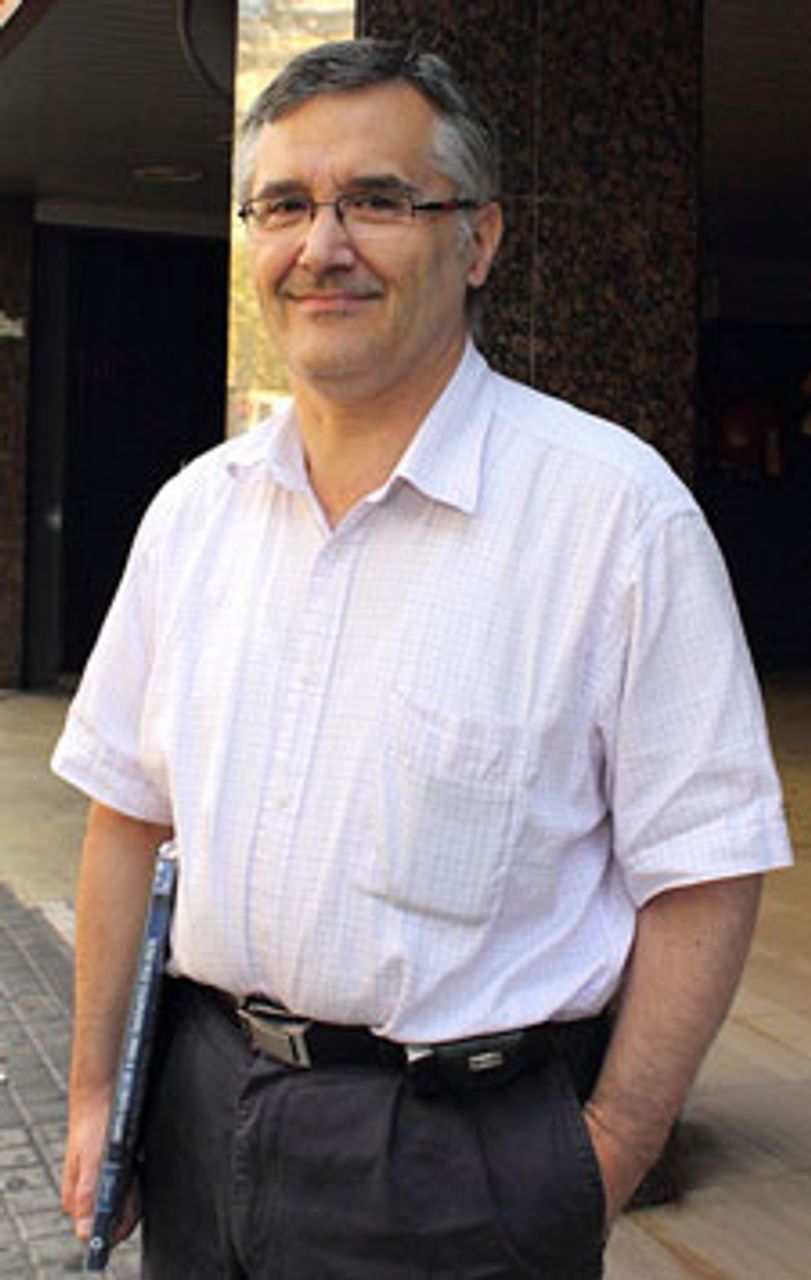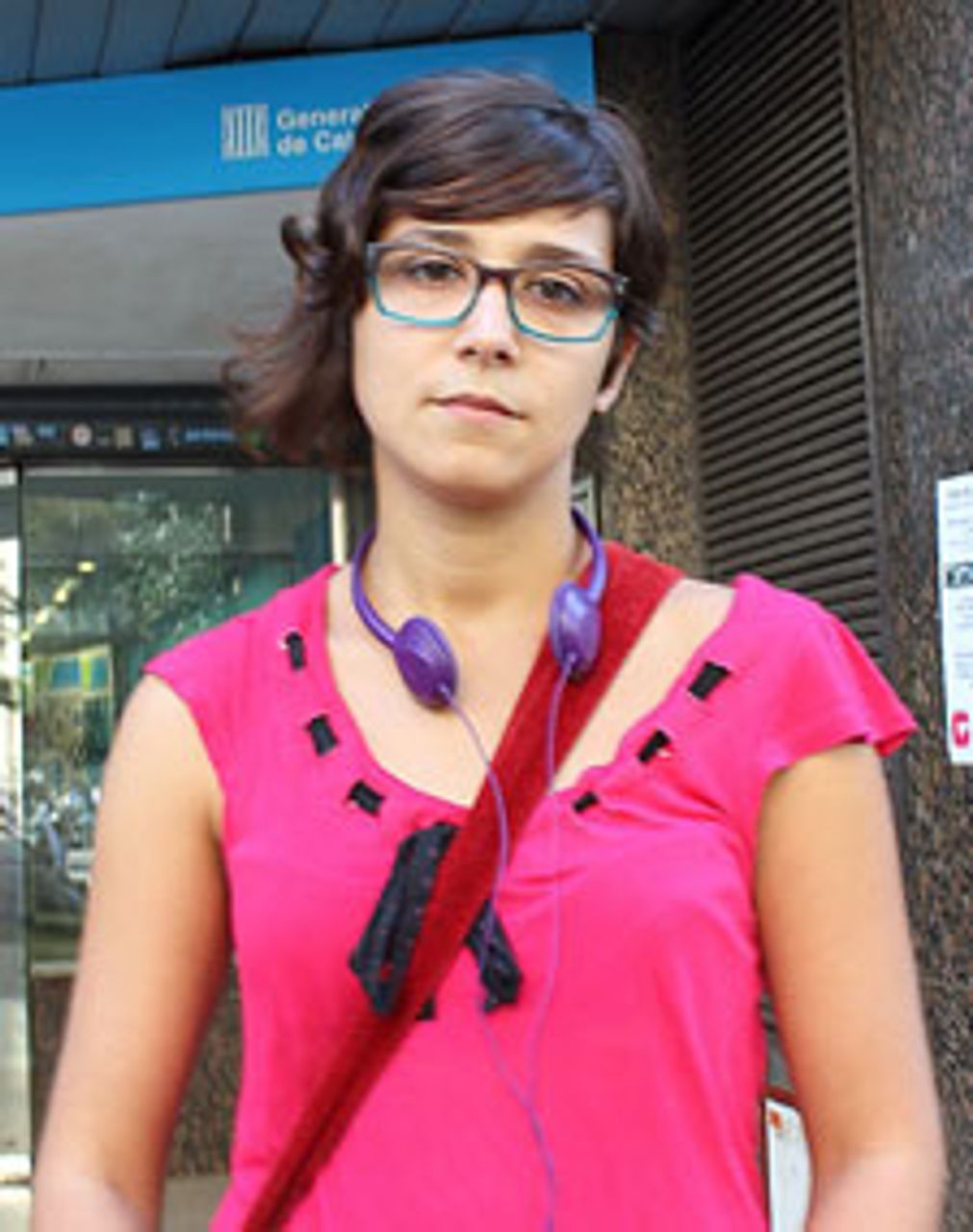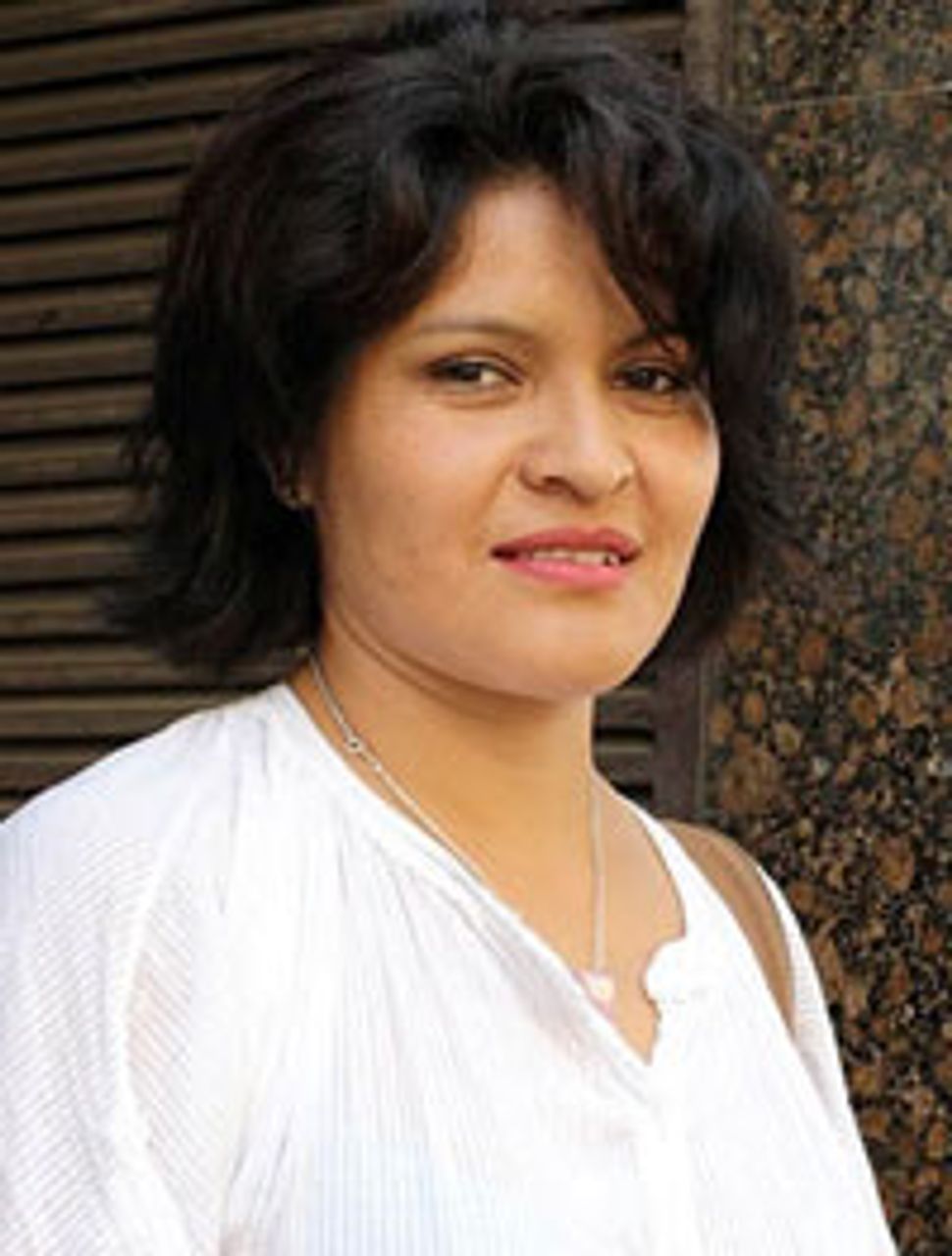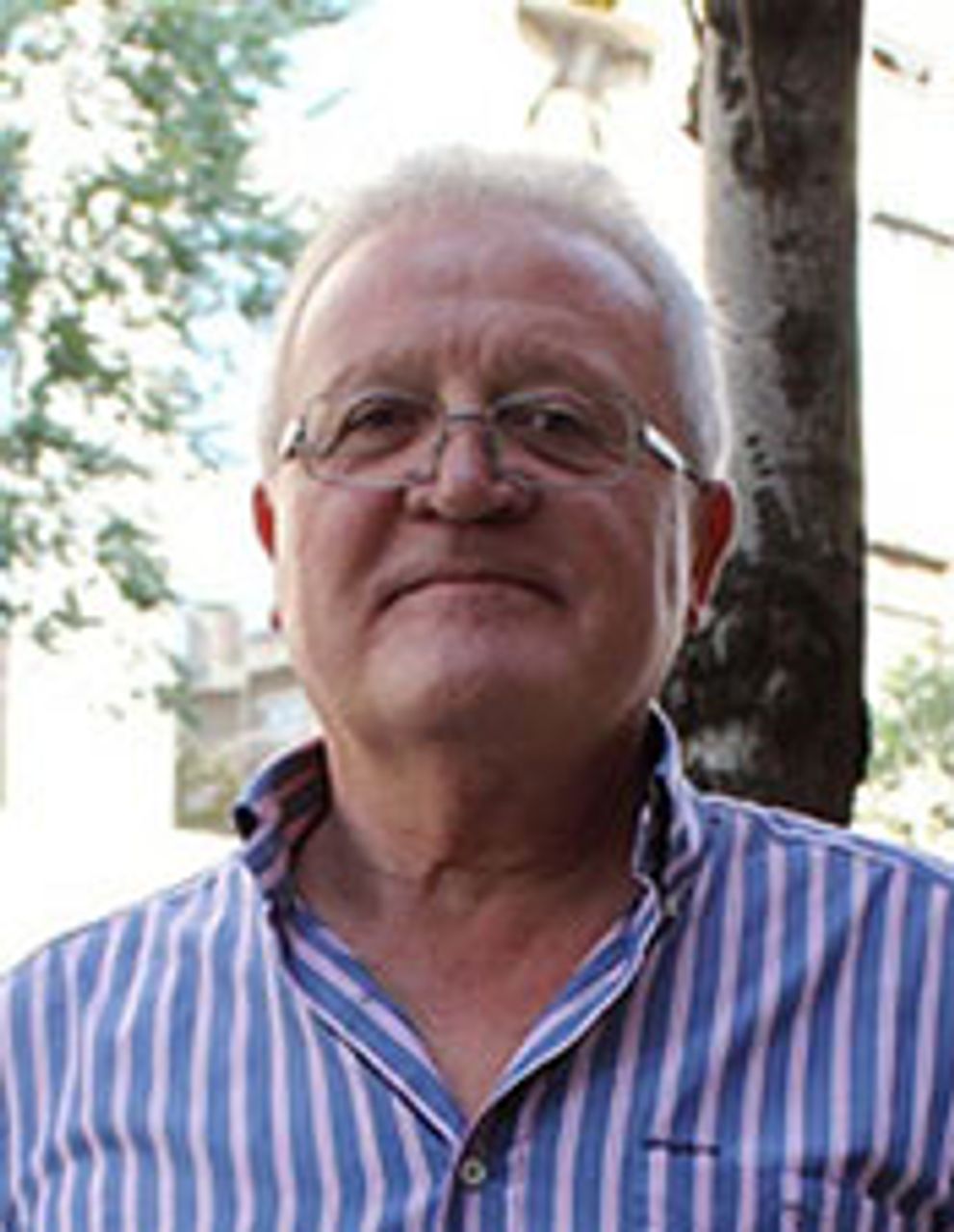Since the outbreak of the economic crisis in 2008, unemployment in Spain has risen from 8 percent to nearly 25 percent, over double the European Union average. Amongst young people it has risen from 22 percent to 53 percent. In the poorer regions, including Extremadura, the Canary Islands and southern Andalucia, the unemployment rate is approaching 35 percent.
The number of people emigrating from Spain, mainly to other European Union countries and Latin America, has risen from 400,000 in 2010 to over 500,000 in 2011.
Particularly badly hit is employment in the construction industry as a result of the collapse of the housing boom. Government spending cuts have increased job losses dramatically in the public sector.
This week, Popular Party Prime Minister Mariano Rajoy had discussions with the leaders of Spain’s 17 regional governments and told them to carry out further cuts. The government is making it easier and cheaper for employers to fire workers and is seeking to rollback collective bargaining agreements.
In order to receive unemployment benefits, a person must have worked at least 360 days in the last six years and be registered as available for work. An unemployed worker receives 70 percent of his/her wage for six months, thereafter 60 percent, for a maximum of 24 months. But the maximum benefit for a single person is just over €1,000 ($1,300) a month and for someone with two children, €1,400 ($1,800).
 Joaquin
JoaquinJoaquin, 60, explained, “I was a car salesman but I have been unemployed for two years. My unemployment benefit is ending but there is a subsidy for people over 55 of around €400 ($520).
“My mother died a year ago so I take care of my father. I tried to get a new job but it is difficult; it is almost impossible. Age is a big problem. The crisis has had deep effects. It is just a starting point of a longer process. It’s getting worse. The economic situation will not be fixed soon.
“The political parties are miles away from people and they don’t feel what is happening. I don’t think they can do anything and also don’t want to change things. The unions haven’t done anything in the last years. They are there, but nothing else. I don’t believe in the unions.”
Elisa, 59, said, “I used to work in an insurance company but I have been unemployed for two years and the unemployment benefit is being phased out. The future is pretty bad at my age and in my situation. I have no expectation of finding a new job.
“One of my three children, the oldest one, left the country to work in Belgium. For all of them I only see a future outside Spain.
“The others have almost finished their education. They are preparing an Erasmus exchange [European Community Action Scheme for the Mobility of University Students]. Maybe they will find work elsewhere, but I don’t know. The cuts in education and health care are fatal. Both are the basic fundamentals of society.”
 Gina
GinaGina, 28, told us, “I come from Cadiz, but live here. Now I am looking for work. To be honest, I am sceptical of finding work. I am doing course after course. I have a master’s degree in marine biology and spent many years studying. But then I had to work as a waitress. As a waitress I don’t earn enough to rent my own apartment. So probably I will go back home to start again.
“Lots of time I have worked free because I need practice to find a job in my profession. I also think about leaving this country, but language is a problem. Another possibility could be even more study, but another masters costs me around 2,000 or 3,000 euros.
“I know a lot of people in the same situation, without a job, especially my classmates. We are educated but cannot work. One of them left Spain for Scotland.
“At the moment I don’t see any solution to the crisis. There is no political party I would vote for. For me the most important thing is to find work to earn money, it doesn’t matter what kind of job.”
José Maria, 36, said, “Today I had to sort out my unemployment status. For people the effects of the crisis are awful. I have six children. I worked as a manager of a company with four shops in Barcelona. From my own perspective it is necessary to look forward optimistically, but reality shows another face. I do not see any future for young people. My wife works as a teacher and she also has to suffer cuts.
 Sebastian
Sebastian“They talk about long-term solutions, but I personally don’t see them. I think the unions are something important in our society but the present unions are lamentable.”
Sebastian, 26, said, “Originally I come from Argentina, but I have lived here for 10 years. I work as a theatre lighting technician but now I don’t have any job. The cuts, especially in the cultural sector, are enormous. For example, the IVA [sales tax] on cultural products increased from 8 to 21 percent and subsidies were reduced. Before it was already difficult to pay monthly salaries, but now it has become worse.
“I don’t think the situation will get better for years. There is no party that represents the people. They act in the interests of the banks with all the bailouts. At your workplace there is nobody defending you no matter if you are on a permanent contract or if you are paid less.”
 Gimena
GimenaGimena, 36, said, “I have worked in different jobs, the last time as a babysitter. I see my future as quite bad. The crisis has deeply affected all of us.
“I am a single mum with one kid who goes to a subsidised school, but it is hard to cover all costs. The cuts in education and health care are really fatal. Before, in theory, everybody had the right to free health care. Now we have to contribute a lot of money. It’s the same with education.”
 Antonio
AntonioAntonio stated: “With the idea that the banks have to keep the economy running, they have come out of this crisis rather well, thanks to the bailouts, at the expense of everything, including evictions!
“I think that banks have to exist, but they should provide credit to industry and consumers and not use bailouts to cover their bad debts and fill their black holes or ‘toxic assets’. This I consider completely out of place.”
